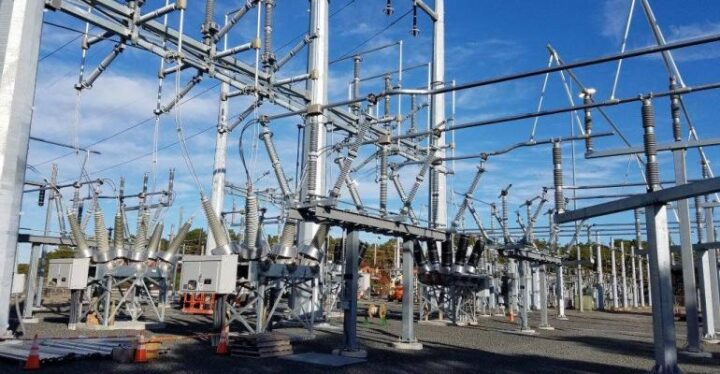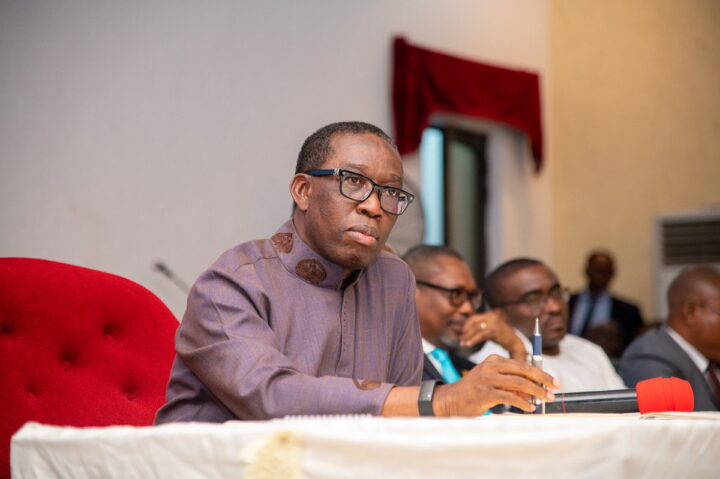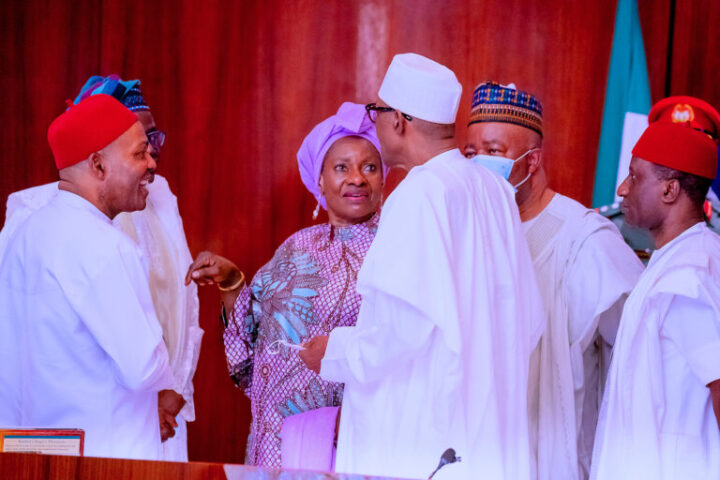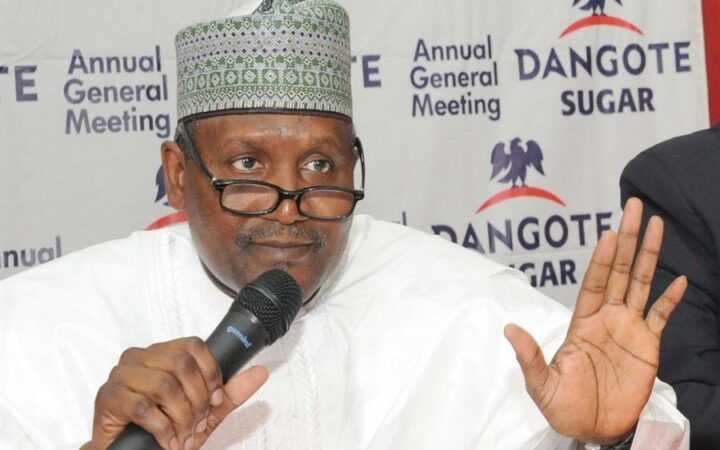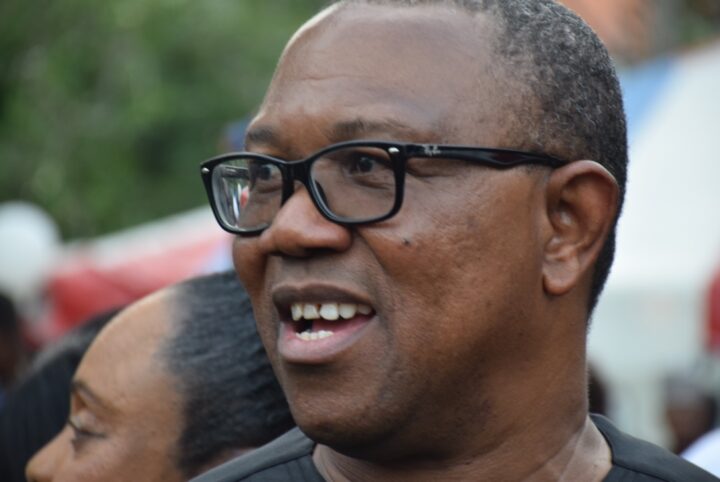On Sunday, the national electricity grid collapsed for the sixth time in 2022, causing a blackout in states across the country. The system was reported to have crashed from a peak of 3,703 megawatts to 9MW.
The grid, managed by the government-owned Transmission Company of Nigeria (TCN), recorded the first collapse of the year on January 17. Subsequently, it collapsed twice in April and two more times in March.
Grid collapses, which predate the privatisation era, are a recurring problem. In a recent explainer, TheCable simplified the ramifications of national grid failure.
According to an analysis by TheCable, the power grid suffered 206 collapses in nine years. A breakdown shows that 109 of the incidents occurred from 2010 to 2013, while 97 others were recorded from 2014 to 2019. The situation was palpable in 2016 when the grid tripped 22 times and went off partially six times.
Advertisement
PRIVATISATION: MANITOBA TO THE RESCUE
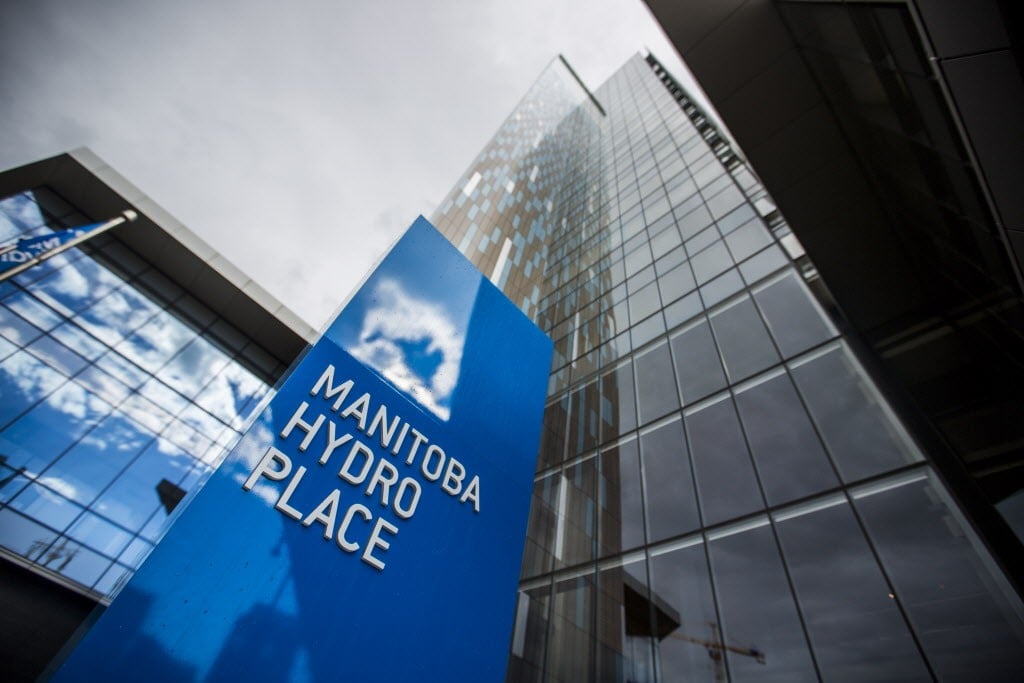
In 2013, the power sector was privatised as the electricity distribution and generation sub-sectors were sold to core investors, while the federal government held on to the transmission sub-sector.
Advertisement
A year before the privatisation exercise, the federal government entered into a three-year deal with Manitoba Hydro International (MHI) to manage TCN’s transmission, system operation and market operation undertakings.
During this period, Manitoba was able to manage system collapses and the grid was relatively stable. At the time, Seun Olagunju, then TCN general manager in charge of public affairs, said the company had achieved a wheeling capacity of 5,300MW and reduced system losses from over 12 percent to approximately 8 percent.
“Additionally, MHI will facilitate the unbundling of TCN into two new organizations, the Transmission Service Provider and the Independent System Operator, while simultaneously building the capacity of local management to take over the leadership of these organisations at the end of its contract,” he had said.
When the contract with the Canadian firm expired in 2015, the federal government renewed it for one more year. At the second expiration on July 31, 2016, the contract wasn’t renewed and the company handed over the management of TCN to the government.
Advertisement
TheCable learned, at the time, that some Nigerian “understudies” had been positioned in TCN with the assurance that the Manitoba contract would not be renewed and that they would take over.
But rather than understudy the Canadians, the Nigerians were engaged in a war of attrition with the management as intrigues took the better part of what was supposed to be a knowledge-transfer initiative.
A WEAK TRANSMISSION SYSTEM
Presently, Nigeria has the potential to generate about 12,000MW of electricity, but the TCN can only wheel about 5,000MW for distribution. The transmission sub-sector is considered the weak link in the power sector value chain.
Advertisement
The grid collapses have often been associated with obsolete equipment and a lack of maintenance by the TCN. This is further worsened by the fact that the country does not have a spinning reserve that can stabilise the grid in the event of an impending collapse.
A spinning reserve is an excess capacity that compensates for electricity shortages when the grid fluctuates.
Advertisement
Hence, TCN came out openly in 2020 to say the frequent collapses of the national grid cannot be totally avoided. In other words, it is a reality Nigerians must get used to until the problems are fixed.
Some observers have blamed the challenges in the transmission network on a lack of investments in infrastructure. But announcements over the past few years show that donor agencies have pumped huge sums into the transmission systems. TCN has raised billions of dollars to revamp its system, yet it appears no significant result is forthcoming.
Advertisement
THE MULTI-BILLION-DOLLAR INVESTMENTS
In 2018, Usman Mohammed, former chief executive officer of TCN, said the company raised $1.57 billion to build critical infrastructures across the country to stabilise the national grid.
Advertisement
The same year, the World Bank approved $486 million to improve the country’s electricity transmission network and infrastructure. The project, under the Nigeria Electricity Transmission Project (NETAP), was introduced to digitise old transmission substations in the network and enable distribution companies to supply consumers with additional power.
In 2019, the African Development Bank (AfDB) approved $210 million for the Nigeria Transmission Expansion Project Phase 1 (NTEP1) “to rehabilitate and upgrade the nation’s power lines and improve distribution and supply”. Executed by TCN, NTEP1 is part of a $1.6 billion Transmission Rehabilitation and Expansion Programme (TREP) designed to run across Kano, Kaduna, Delta, Edo, Anambra, Imo and Abia states. It is also expected to “improve the capacity and reliability of the Nigerian transmission grid where it is most constrained”.
“Nigerians and their businesses spend $14 billion annually on inefficient and expensive petrol or diesel-powered generators. This project will contribute significantly to the reduction of Nigeria’s power deficit, decrease air and noise pollution and reduce the cost of doing business,” Ebrima Faal, the bank’s senior director for Nigeria, had said.
The TCN had also announced that the French Development Agency (AFD) board approved $245 million for the implementation of transmission projects in the northern corridor as part of its TREP project to expand the national grid to 20,000MW. The European Union (EU) had earlier approved a €25 million grant for the northern corridor transmission project — all in a bid to establish a modern electricity grid in Nigeria.
In February, the federal government announced a partnership with the Japan International Cooperation Agency (JICA) to implement a $200 million electricity transmission expansion programme in Lagos and Ogun states. Abubakar Aliyu, minister of power, noted that the loan will be deployed to further “expand the transmission network in the identified states so as to effectively support industries in the south-west”.
A few days after, the transmission agency raised the hopes of Nigerians when it announced that it had taken delivery of 15 brand new electricity transformers under the NETAP scheme.
But as the frequent grid trips continue to plunge the country into spells of darkness, frustrated citizens repeatedly wonder when the country will finally achieve stable electricity, given the massive investments in the sector.

